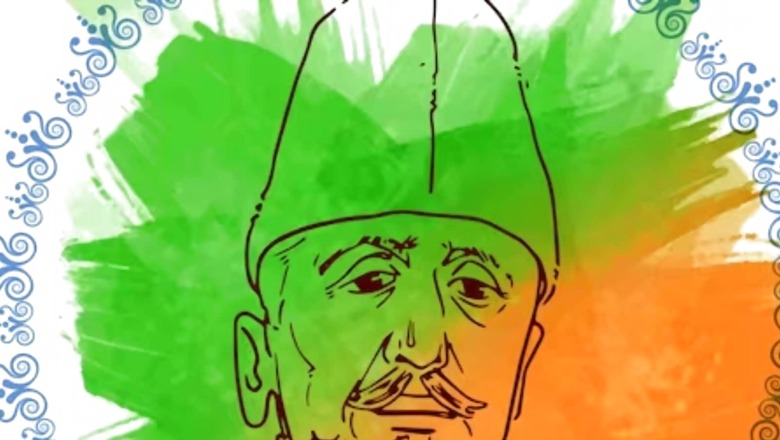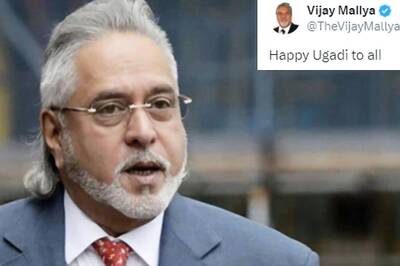
views
National Education Day is observed every year to honor the Maulana Abul Kalam Azad, India’s first education minister, who was born on November 11. The theme for National Education Day in 2022 is “Changing Course, Transforming Education.” On this occasion, let’s get to know about the educational qualifications of the freedom fighter.
Born as Abul Kalam Ghulam Muhiyuddin on November 11, 1888 in Mecca, he was appointed as the first union minister of education of independent India on August 15, 1947. His term ended on February 2, 1958. A freedom fighter, an eminent educationist and a journalist, Azad was a home-schooled and self-taught man.
Also read| National Education Day: 5709 Colleges, 320 New Universities Opened in India Since 2014, Reveals Govt Data
Maulana Azad received his initial formal education in Arabic, Persian and Urdu with theological orientation. He mastered many languages, including Arabic, Bengali, Persian, and English. An avid and determined student, Azad was also trained in several subjects such as mathematics, philosophy, world history, and science by tutors hired by his family.
India’s first education minister, Azad became active in journalism when he was in his late teens, and in 1912, he began publishing a weekly Urdu newspaper in Calcutta called the Al-Hilal (The Crescent). The weekly was used as a weapon to attack and question British policies. The publication gained immense popularity among the masses, so much so that the British finally banned it in 1914.
Read| Why is National Education Day Celebrated on November 11? Theme, History and Significance
Undeterred by this move, Azad soon started another weekly, Al-Balagh, which ran until he was externed under Defence of India Regulations in 1916. The governments of Bombay, Punjab, Delhi, and United Provinces had banned his entry and he was deported to Bihar until 1920. Despite censoring, he found ways to rebel against British activities through the power of his pen.
Education remained a priority for Azad at all times. In a bid to act on his vision to get more people educated in India, Azad had also established ‘the board for adult education’ to facilitate education among the uneducated adults. Later, he established several institutions such as the illustrious Jamia Millia Islamia in Delhi.
Read all the Latest Education News here



















Comments
0 comment